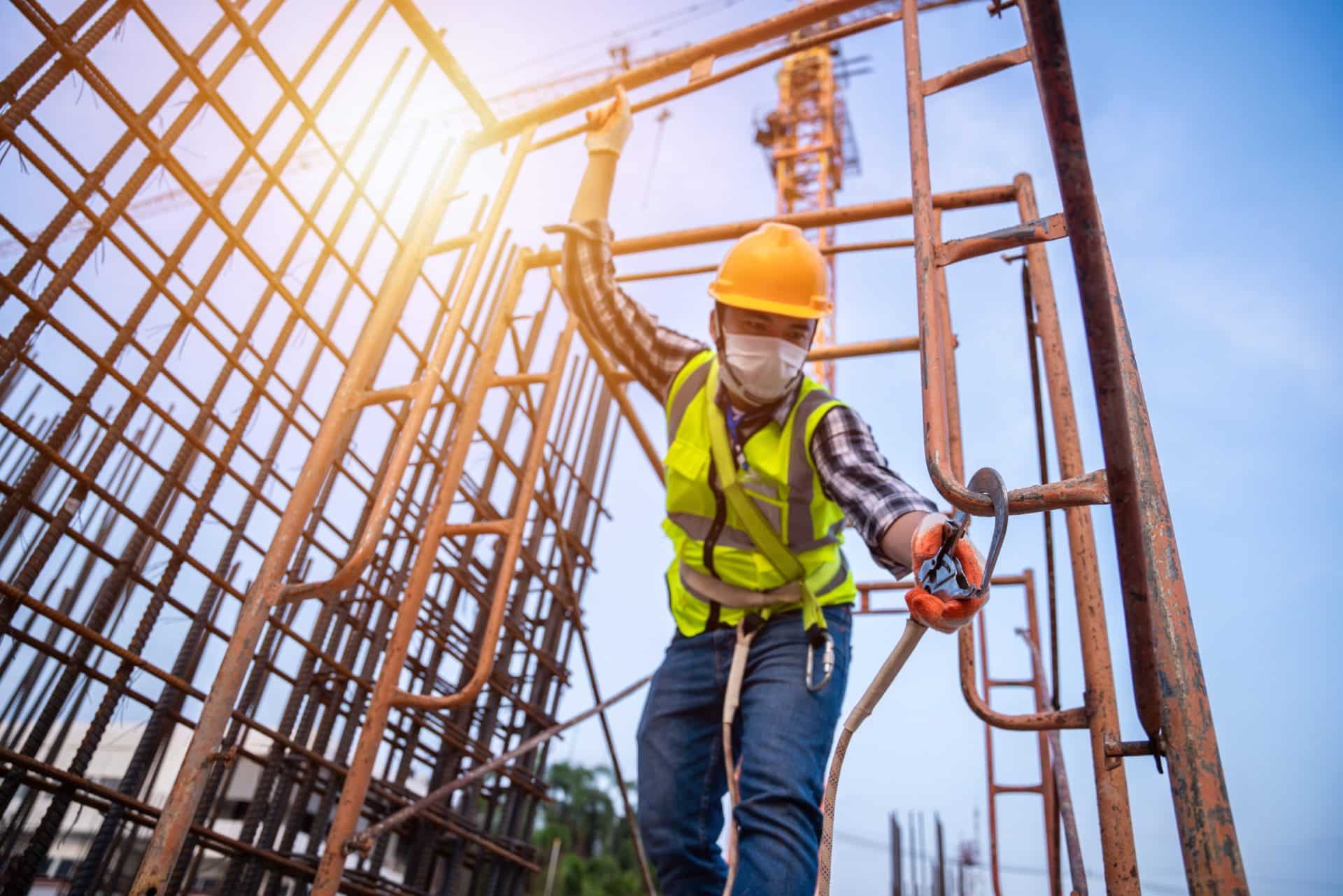Free Consultation
Free Consultation

Construction is one of the most physically demanding jobs out there. It also happens to be one of the most dangerous.
Construction workers are injured on the job every year in large numbers due to various causes. One of those causes is scaffolding. If you got injured in a scaffolding accident in New York, it’s vital to understand the process and what you are entitled to. Read on to find out what you need to know to ensure you get the compensation you deserve.
Scaffolds or scaffolding are common on construction sites. According to the Occupational Safety and Health Administration, 65 percent of construction workers frequently work on scaffolding, which is why these types of accidents can occur with some regularity.
What causes a scaffolding accident? Many things can impact these temporary structures and lead to injuries. Common causes of accidents involving scaffolding include:
If you ar involved in an accident, an attorney experienced in scaffolding accidents on construction sites can help.
Scaffolding is used in places that are high off the ground. When it fails, victims can fall from great heights and suffer devastating injuries such as:
These injuries can lead to medical bills, lost wages, and expensive treatments for which you may need to seek compensation, especially if the party at fault was negligent.
Those who have been involved in a scaffolding accident, and are injured can speak with an attorney to see if they have a case where bringing a lawsuit would be successful. The more evidence you have, the more successful your lawsuit is likely to be. That’s why you or someone you trust should try to gather as much evidence from the scene as possible. Securing photos of the conditions in addition to the failed scaffolding, gathering any surveillance footage available, and seeking medical care as soon as possible. Your medical records count as evidence, too.
In most cases, the state of New York allows you to take three years to bring a lawsuit for a personal injury claim. That is three years from the date of the accident. Do not let more than three years pass. Otherwise, you may lose the right to bring a lawsuit forever. So, consult with an attorney as soon as you can.
You could be entitled to collect workers’ compensation for your scaffolding accident if you were hurt while on the job. However, it’s vital to understand that filing a workers’ compensation claim will require you to waive your rights to bring a personal injury lawsuit against your employer. Workers’ compensation will pay medical bills and lost wages rather quickly in a limited amount. Before taking any steps, consult with an attorney to see what scenario is best for your case and the damages you may be entitled to.
In the worst-case scenario, scaffolding accidents can lead to death. If you’ve lost someone because of a scaffolding accident, you may be able to file a wrongful death lawsuit and be entitled to other benefits under workers’ compensation for the death of a loved one. Again, you should consult with an experienced attorney to learn your options in the wake of a death.
Construction sites are dangerous places, and scaffolding adds another element of danger. Thankfully, there are things you can do to help mitigate this danger and stay safe, such as:
If you can follow these safety tips and put your training to work, then you may be able to avoid an unfortunate accident on scaffolding that can lead to serious injuries. If you have questions, consult with an attorney.